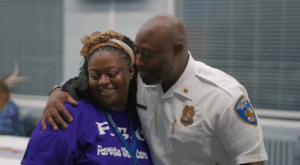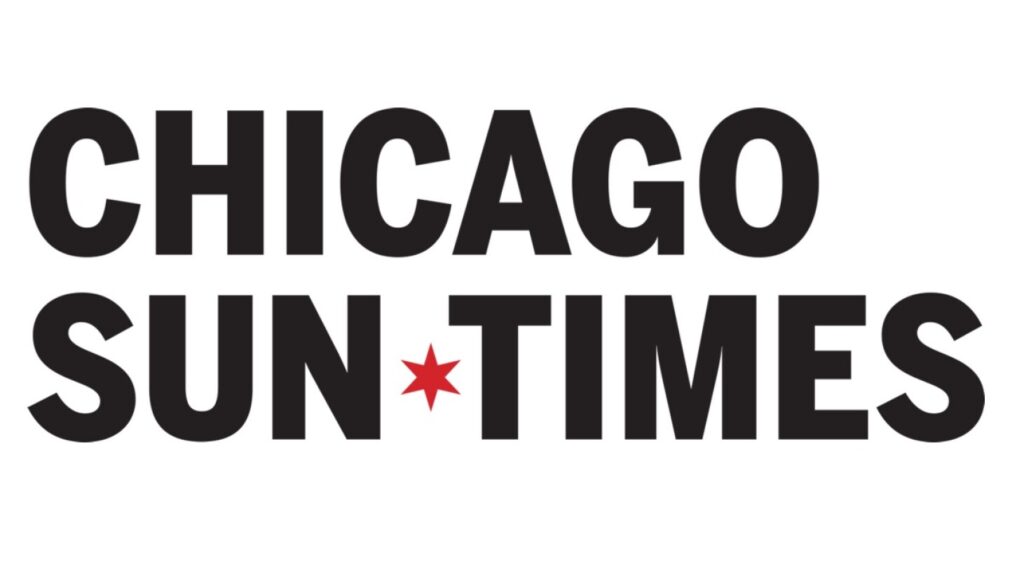Nov 2024
A Cognitive View of Policing
This paper evaluates the impact of a behaviorally informed training program designed to improve officer decision-making and reduce adverse policing outcomes in Chicago.
What causes adverse policing outcomes, such as excessive uses of force and unnecessary arrests? Prevailing explanations focus on problematic officers or deficient regulations and oversight. We introduce an overlooked perspective. We suggest that the cognitive demands inherent in policing can undermine officer decision-making. Unless officers are prepared for these demands, they may jump to conclusions too quickly without fully considering alternative ways of seeing a situation. This can lead to adverse policing outcomes. To test this perspective, we created a new training that teaches officers to consider different ways of interpreting the situations they encounter. We evaluated this training using a randomized controlled trial with 2,070 officers from the Chicago Police Department. In a series of lab assessments, we find that treated officers were significantly more likely to consider a wider range of evidence and develop more explanations for subjects’ actions. Critically, we also find that training affected officer performance in the field, leading to reductions in uses of force, discretionary arrests, and arrests of Black civilians. Meanwhile, officer activity levels remained unchanged, and trained officers were less likely to be injured on duty. Our results highlight the value of considering the cognitive aspects of policing and demonstrate the power of using behaviorally informed approaches to improve officer decision-making and policing outcomes.

Policing Leadership Academy (PLA) Overview
Read an overview of the Policing Leadership Academy (PLA), a first of-its-kind program launched in May 2023 to train America’s policing leaders working in some of our most violent neighborhoods.

Video: Reducing Violence and Improving Policing
This video offers a glimpse into the Policing Leadership Academy, a violence reduction initiative designed to prevent violent crime, support officers, and improve fairness and effectiveness in policing throughout some of the country’s most violent neighborhoods.

Video: Creating Safer Communities by Improving Policing
Griffin Catalyst highlights the Policing Leadership Academy, a new national leadership program that brings together rising police leaders from around the country for five months of advanced, intensive training in management best practices, leveraging data and technology and building community trust—all with the ultimate goal of creating safer, more vibrant communities.

Policing Leadership Academy Graduation Interviews
Hear from a select group of PLA graduates on their experience with the academy.
Latest Updates
Kelly Leonard: How improv can help police do their job
Kelly Leonard joins WGN’s John Williams to discuss The Second City’s partnership with the Crime Lab’s Policing Leadership Academy that’s using improv to help officers improve their communication skills.

Novel approaches can chip away at gun violence, and make a big difference
In an op-ed for the Chicago Sun-Times, Crime Lab Pritzker Director Jens Ludwig argues that when it comes to gun violence, we’ve been focused on the wrong solutions – a key insight from his new book, “Unforgiving Places: The Unexpected Origins of American Gun Violence.”

New book challenges conventional wisdom on Chicago shootings
Crime Lab Pritzker Director Jens Ludwig joins WGN’s Mike Lowe for an interview to discuss his new book “Unforgiving Places: The Unexpected Origins of American Gun Violence,” and how the book challenges our conventional wisdom about why shootings occur and how we can make progress on gun violence.

